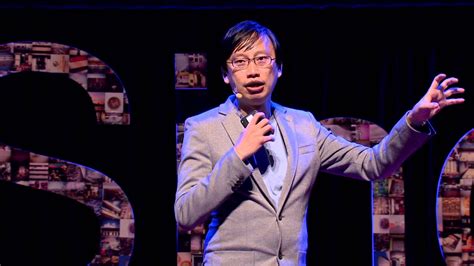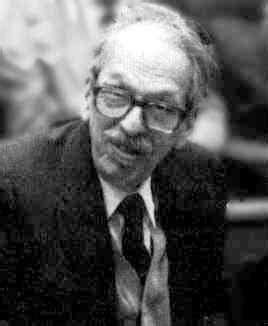A Quote by Diane Wakoski
I think I'm a very good reader of poetry, but obviously, like everybody, I have a set of criteria for reading poems, and I'm not shy about presenting them, so if people ask for my critical response to a poem, I tell them what works and why, and what doesn't work and why.
Related Quotes
I hope any poem I've ever written could stand on its own and not need to be a part of biography, critical theory or cultural studies. I don't want to give a poetry reading and have to provide the story behind the poem in order for it to make sense to an audience. I certainly don't want the poem to require a critical intermediary - a "spokescritic." I want my poems to be independently meaningful moments of power for a good reader. And that's the expectation I initially bring to other poets' writing.
I think you can perform any poem. But what I believe is that the best examples of spoken word poetry I've ever seen, are spoken word poems that, when you see them, you're aware of the fact they need to be performed. That there's something about that poem that you would not be able to understand if you were just reading it on a piece of paper.
I just think that the world of workshops - I've written a poem that is a parody of workshop talk, I've written a poem that is a kind of parody of a garrulous poet at a poetry reading who spends an inordinate amount of time explaining the poem before reading it, I've written a number of satirical poems about other poets.
As for the differences between audio and the printed page, the sonic aspects of poetry are important to me. I read my poems aloud to myself as I'm composing them. And I enjoy reading to an audience. I think people get tone more easily when they hear a writer read her work. Some people have told me they hear more humor in my poems at a live reading than when they see them on the page. I think that may be a matter of pacing. On the other hand, I've listened to a lot of poetry readings and I know how much you can miss. If you stop to really register one line, you miss the next three or so.
Good poems do a lot of things at once. Often, by doing so, they encourage us to acknowledge mixed and incompatible feelings. Good poems, like good works of history, resist monocausal explanations for anything. There's not one reason why I am angry or excited or hopeful, when I feel those things. And there's not one reason why President Obama won two elections. And there's not one reason why Donald Trump won the most recent presidential election.
A successful poem says what a poet wants to say, and more, with particular finality. The remarks he makes about his poems are incidental when the poem is good, or embarrassing or absurd when it is bad and he is not permitted to say how the good poem is good, and may never know how the bad poem is bad. It is better to write about other people's poetry.
I would like to see a critical mass of very gifted anarchists come together in an appropriate place in order to do highly productive work. That's it. I don't know why that can't be done except for the fact that I think that people mistrust their own ideals today. I don't think that they don't believe in them; I think they mistrust the viability of them. They're afraid to commit themselves to their ideals.
I've always been intrigued with the male characters in novels like 'Pride and Prejudice' such as Mr. Darcy, and this poem is part of a series of poems that explore desire and obsessions. The poems have been sitting in a drawer for a few years, so I decided to dust them off and work on them again since I have not written a new poem in more than three years. I'm not sure anything will become of the series, but at least it gives me something to work on in a period where I feel very uncreative.






































